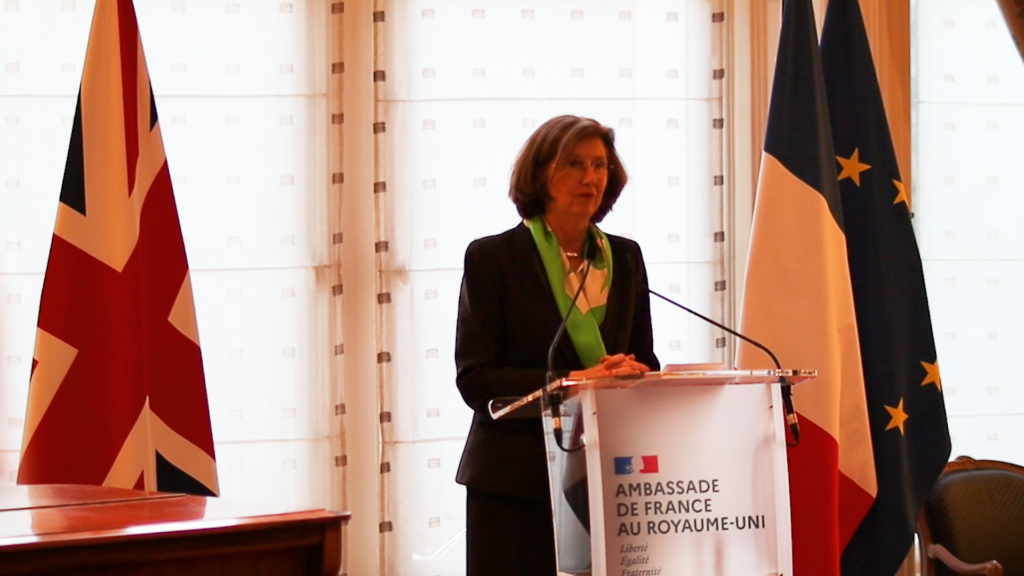The Coronavirus Self-employment Income Support Scheme (“the Scheme”) is open to those self-employed individuals or partnerships who have suffered a loss of income. The Scheme represents a taxable grant which will be paid as a lump sum worth up to 80% of their average monthly income up to a cap of £2,500 per month for 3 months, or any further extension (this will be calculated taking the average income over the last 3 years or continuous periods of self-employment if less than 3 years). The grant will be subject to Income Tax and National Insurance contributions but will not require repayment i.e. it is not a loan.
The Scheme itself only applies to those who:
- were trading in the last financial year and have submitted a tax return for 2018/19 by today’s date;
- are still trading now (or would be in the absence of COVID-19); and
- plan to continue doing so in the tax year 2020/21.
They must also have lost trading profits due to COVID-19. HMRC are likely to scrutinise this requirement.
In addition, a person must make more than 50% of their income from self-employment to be eligible and the Scheme is only available to those with trading profits of less than £50,000 for either the tax year 2018/19 or the average in the tax years from 2016 to 2019. This means that self-employed individuals can still continue to work for an employer and/or benefit from the Coronavirus Job Retention Scheme in addition to receiving a grant under this Scheme, so long as other forms of work/earnings do not exceed 50% of their overall income. Please see our Coronavirus Job Retention Scheme toolkit and FAQs for more details.
Those who have not submitted a tax return for the tax year 2018/19, but would otherwise be eligible for the scheme, must do so today to remain eligible. Self-employed individuals who have only been trading this year and do not have a full year of accounts, will not be eligible for the Scheme. Any changes made to submitted returns after 26 March 2020 will not be taken into account.
For those who qualify, no action needs to be taken. HMRC will contact these individuals directly by mid May 2020 and invite them to fill out an online form. Once approved, HMRC will confirm payment details and the amount of the grant directly.
These plans have been met with criticism, most notably because the lump sum payments will not be available until June this year. This will mean that many self-employed individuals will need to make ends meet until they can be reimbursed in three months’ time. Whilst there are options which might help ‘bridge the gap’, this will still not be enough for some with recent research from IPSE (the Association of Independent Professionals and the Self-Employed) recording 45% of self-employed individuals worrying that they will struggle to cover their basic living costs throughout the pandemic. Even with the grant, many fear that this will not be enough.
There is other assistance being implemented by the government, including:
- The Minimum Income Floor for Universal Credit will be temporarily suspended for the time self-employed individuals are required to self-isolate due to COVID-19
- Self-assessment payments may be deferred to January 2021
- Self-employed people may be able to access the Coronavirus Business Interruption Loan Scheme, allowing applicants to access loans, overdrafts and finance assistance
- “Time to pay” arrangements with HMRC – payments of outstanding tax may be deferred for an agreed period of time if the delay resulted from COVID-19
- The extension of IR35 into the private sector has been postponed until April 2021
- A ‘new style’ Employment and Support Allowance for applicants who have disabilities/health conditions which affect their workload
While the government is doing a lot to help businesses survive, inevitably there will be individuals who suffer serious financial difficulty as a result of the disruption caused by the virus.
Whether you’d like to have an informal chat or need any specific advice on the government’s package of assistance to self-employed workers, please don’t hesitate to get in touch.



